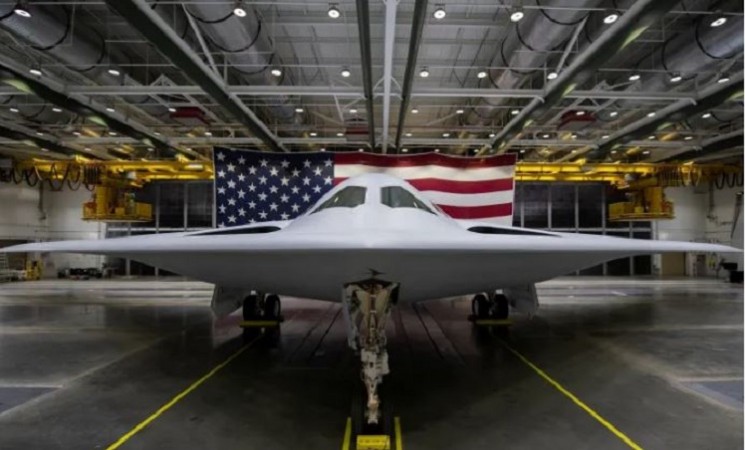
In an era marked by unprecedented geopolitical challenges, the United States is being urged to embark on a comprehensive military modernization initiative, strengthening both its conventional and nuclear forces to face the potential of simultaneous conflicts with China and Russia. This stark recommendation comes from the Congressional Commission on the Strategic Posture of the United States, a bipartisan panel composed of six Democrats and six Republicans, which recently unveiled its findings in a detailed report.
This report, released in the United States and available as a PDF document, paints the current global landscape as "fundamentally different from anything experienced in the past, even in the darkest days of the Cold War." The commission believes the threats the nation faces require swift and immediate action, marking the first comprehensive review of U.S. conventional and nuclear forces in 14 years, since the last major assessment in 2009.
The Commission's Chair, Madelyn Creedon, and Vice Chair, Jon Kyl, opened the report with a striking declaration: "Today, the United States is on the cusp of having not one, but two nuclear peer adversaries, each with ambitions to change the international status quo, by force if necessary—a situation which the United States did not anticipate and for which it is not prepared." This sentiment underscores the commission's deep concerns about the evolving global situation.
While acknowledging that the likelihood of a major nuclear conflict remains low, the commission also recognizes that "the risk of military conflict with either or both Russia and China, while not inevitable, has grown, and with it the risk of nuclear use, possibly against the U.S. homeland." This grim prospect underscores the urgent need for comprehensive preparedness.
The commission pointed out the significant advancements in air and missile defense technology made by Russia and China. In addition, they accepted the Pentagon's forecast that China is expected to possess a substantial arsenal of 1,500 nuclear warheads by 2035. This projection adds to the gravity of the situation, making it clear that decisive action is imperative.
U.S. Secretary of State Antony Blinken highlighted China as the "most serious long-term challenge to the international order" in a speech last year. He emphasized that Washington's strategy would revolve around "invest, align, [and] compete" to address this challenge, emphasizing a desire to avoid conflict and a return to a Cold War mentality.
Among its array of recommendations, the commission stressed the importance of "fully and urgently" executing the nuclear weapons modernization program initiated in 2010, a project anticipated to span 30 years. It further recommended expanding the scope of this program to encompass all nuclear warheads, delivery systems, and nuclear command, control, and communications. These steps are seen as vital to ensuring the United States is adequately equipped to navigate the evolving global security landscape while maintaining peace and stability.
China Welcomes Global Collaboration for International Lunar Research Station
Saudi Crown Prince and Iranian President Hold Telephone Conversation on Israel-Hamas Conflict
Israeli Communities Describe Living Nightmare Amidst Recent Hamas Attacks